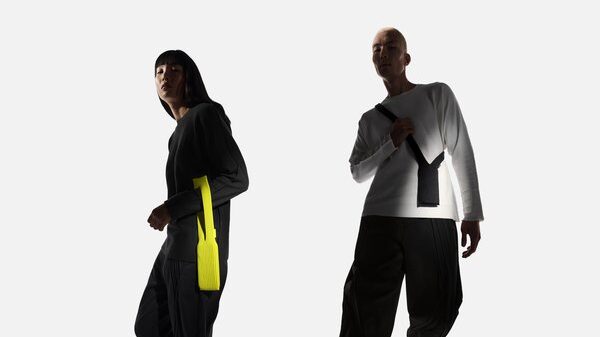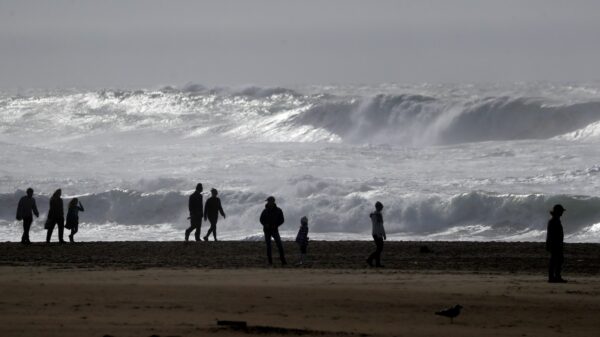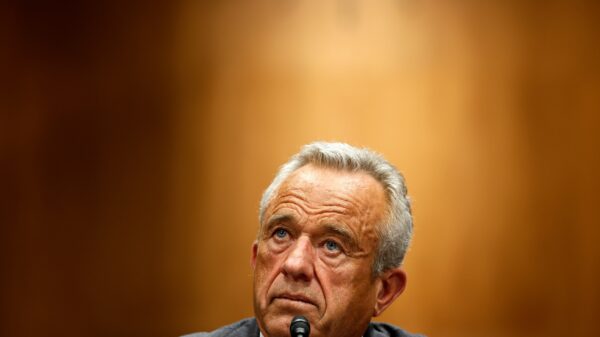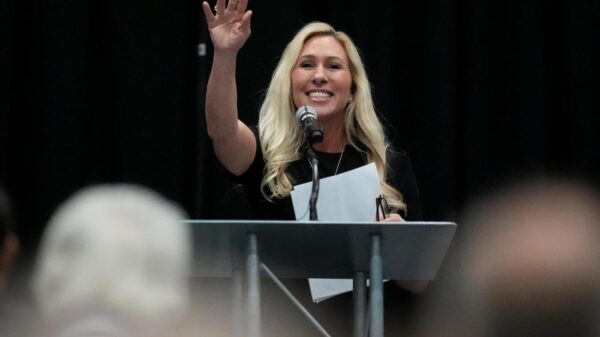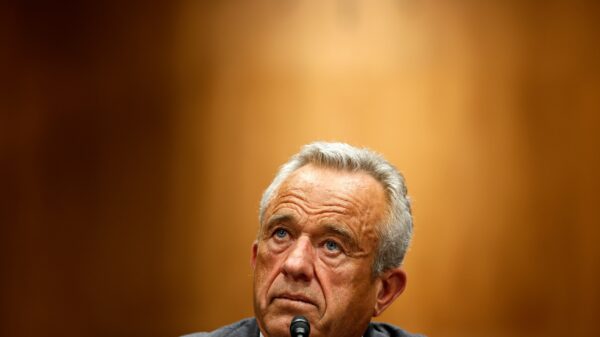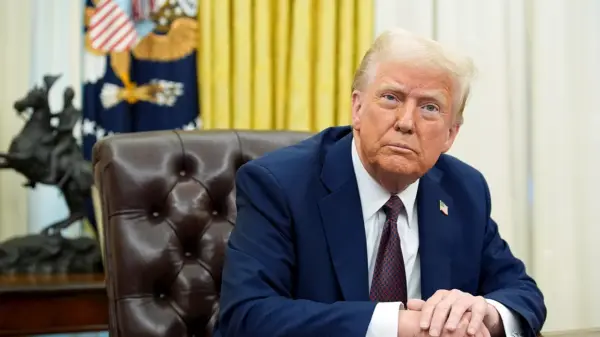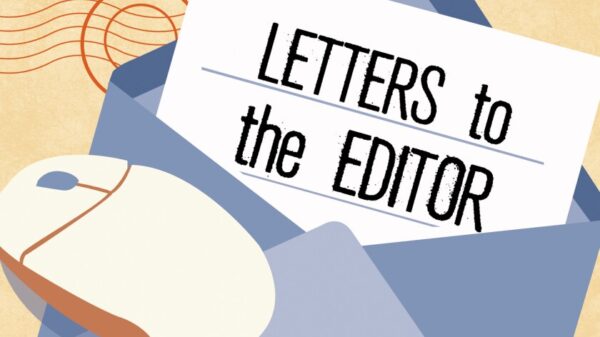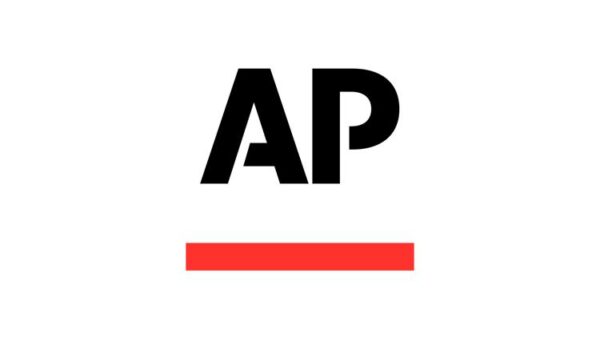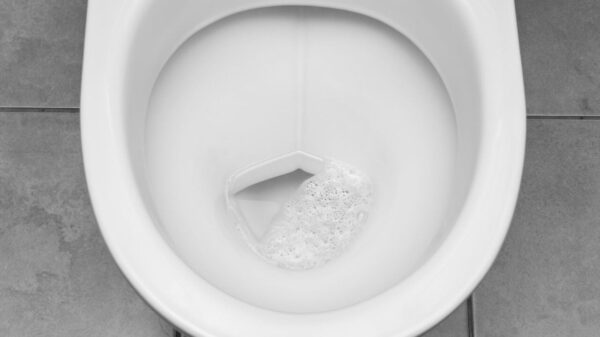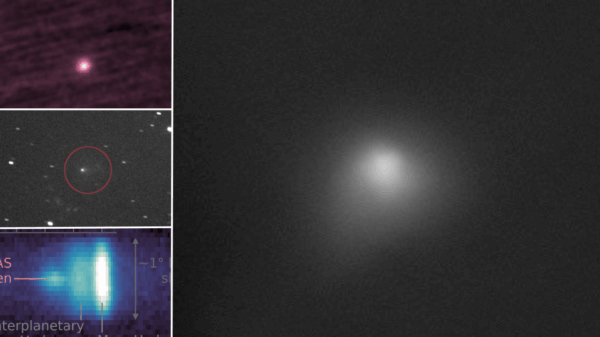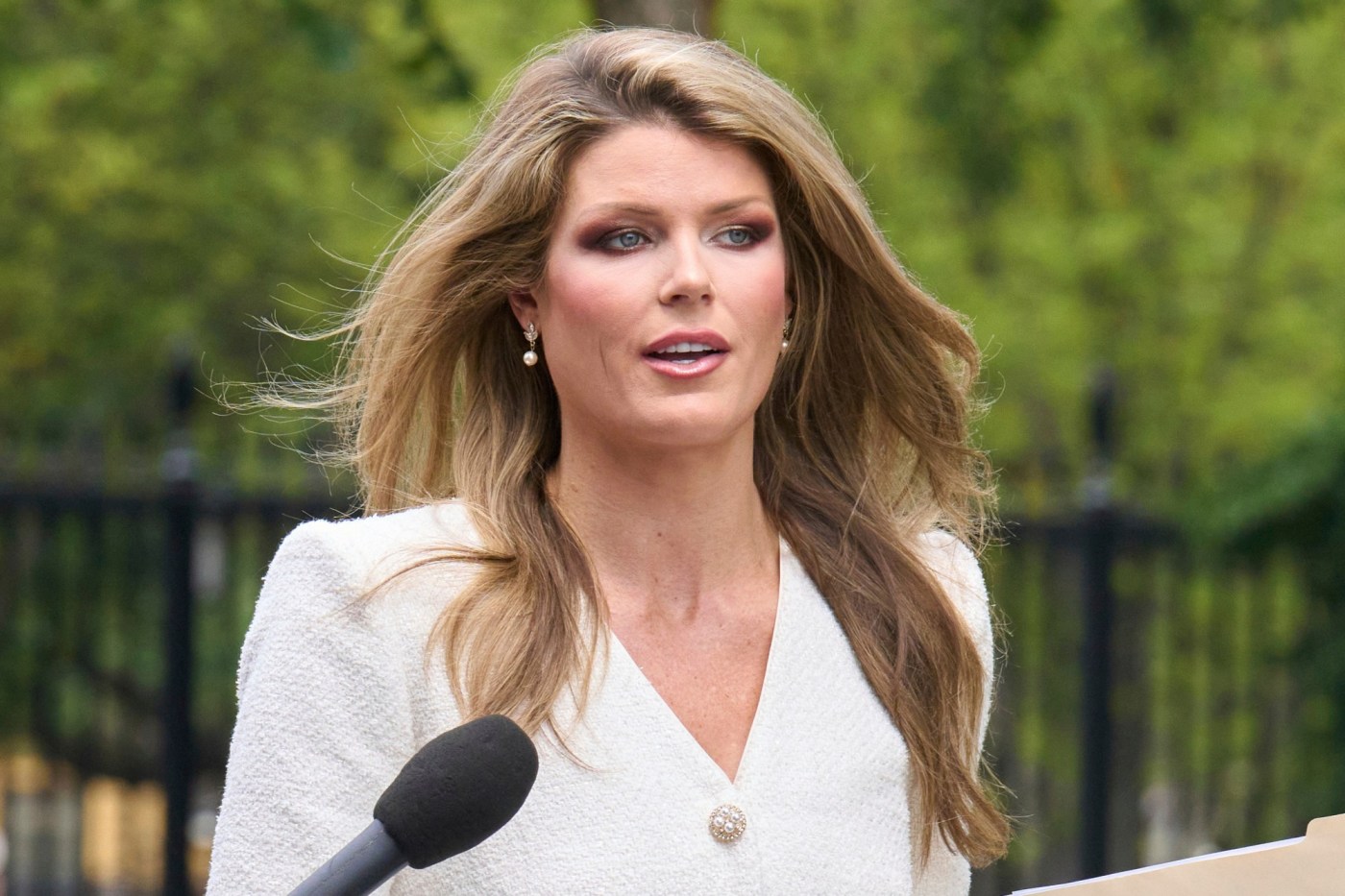Former FBI Director James Comey and New York Attorney General Letitia James are not completely in the clear despite a federal judge dismissing the criminal cases against them. The dismissals, based on technical grounds, have raised questions about the government’s ability to secure future convictions.
U.S. District Judge Cameron McGowan Currie did not evaluate the merits of either case when ruling this past week. Instead, she determined that the appointments made by the government were invalid. The U.S. government plans to appeal the judge’s decision, complicating the legal landscape for both Comey and James.
The indictments were issued in the Eastern District of Virginia by Lindsey Halligan, an acting U.S. attorney appointed by former President Donald Trump. Comey faced accusations of making false statements to Congress and obstructing a congressional proceeding, while James was indicted for mortgage fraud. Halligan’s appointment followed the resignation of former acting U.S. attorney Erik Siebert, who reportedly hesitated to pursue charges against the two political figures.
On September 20, 2023, Trump commented on his social media platform, Truth Social, labeling Comey and James as “guilty as hell.” He praised Halligan and urged for “JUSTICE MUST BE SERVED, NOW!!!” Following this, Halligan was authorized to take over as interim U.S. attorney on September 22, 2023. Comey was indicted three days later, on September 25, 2023, and James followed with her indictment on October 9, 2023.
In her ruling, Judge Currie stated that Halligan’s appointment should not have taken place, affirming that the authority to appoint an acting U.S. attorney rested with the district court, not with Attorney General Pam Bondi. “All actions flowing from Ms. Halligan’s defective appointment, including securing and signing Mr. Comey’s indictment, were unlawful exercises of executive power and are hereby set aside,” she stated.
Legal experts weighed in on the judge’s decision. Tamara Lave, a law professor at the University of Miami, noted that while there were several grounds to dismiss the cases, the judge opted for a clear, uncomplicated rationale. “The judge sidestepped the politically charged issue of vindictive prosecution, focusing instead on the prosecutor’s authority,” Lave explained.
In response to the ruling, White House Press Secretary Karoline Leavitt asserted that Halligan was legally appointed and criticized the judge’s decision as an attempt to protect Comey and James from accountability. “I know there was a judge who was clearly trying to shield Letitia James and James Comey,” Leavitt remarked. Bondi also defended Halligan, asserting that she was appointed as a “special U.S. attorney.”
Federal law permits the attorney general to select an acting U.S. attorney to serve for up to 120 days in the event of a vacancy. U.S. attorneys must ultimately be confirmed by the Senate. If the 120-day period ends without confirmation, the district court becomes responsible for appointing an acting prosecutor. The judge’s ruling specified that Halligan’s appointment exceeded this time frame, as she was appointed after Siebert’s resignation in September.
Legal observers suggest that the government may encounter significant challenges in its appeal. Thomas Berry, an attorney with the Cato Institute, indicated that the district court often allows the attorney general-nominated prosecutor to continue past the 120-day mark if Senate confirmation is pending. However, in this case, the initial appointment was already beyond that deadline.
Berry noted the uncertainty surrounding the government’s chances of success on appeal. “You can never be certain,” he stated, adding that the challengers likely have the upper hand. Meanwhile, Lave expressed skepticism about the government’s prospects, suggesting that the appellate court may affirm the dismissals based on the strong evidence of what she termed vindictive prosecution.
The judge dismissed the cases without prejudice, allowing for the possibility of re-filing charges. However, the statute of limitations has expired for the charges against Comey, complicating any potential future actions. Berry pointed out that the government would need to secure a validly appointed prosecutor willing to pursue fresh charges against James, a challenging prospect given the difficulties previously encountered in finding a willing prosecutor.
As the legal saga continues, both Comey and James remain in a precarious position, with their political futures hanging in the balance. The outcomes of the upcoming appeals will likely shape the narrative surrounding these high-profile figures for months to come.




